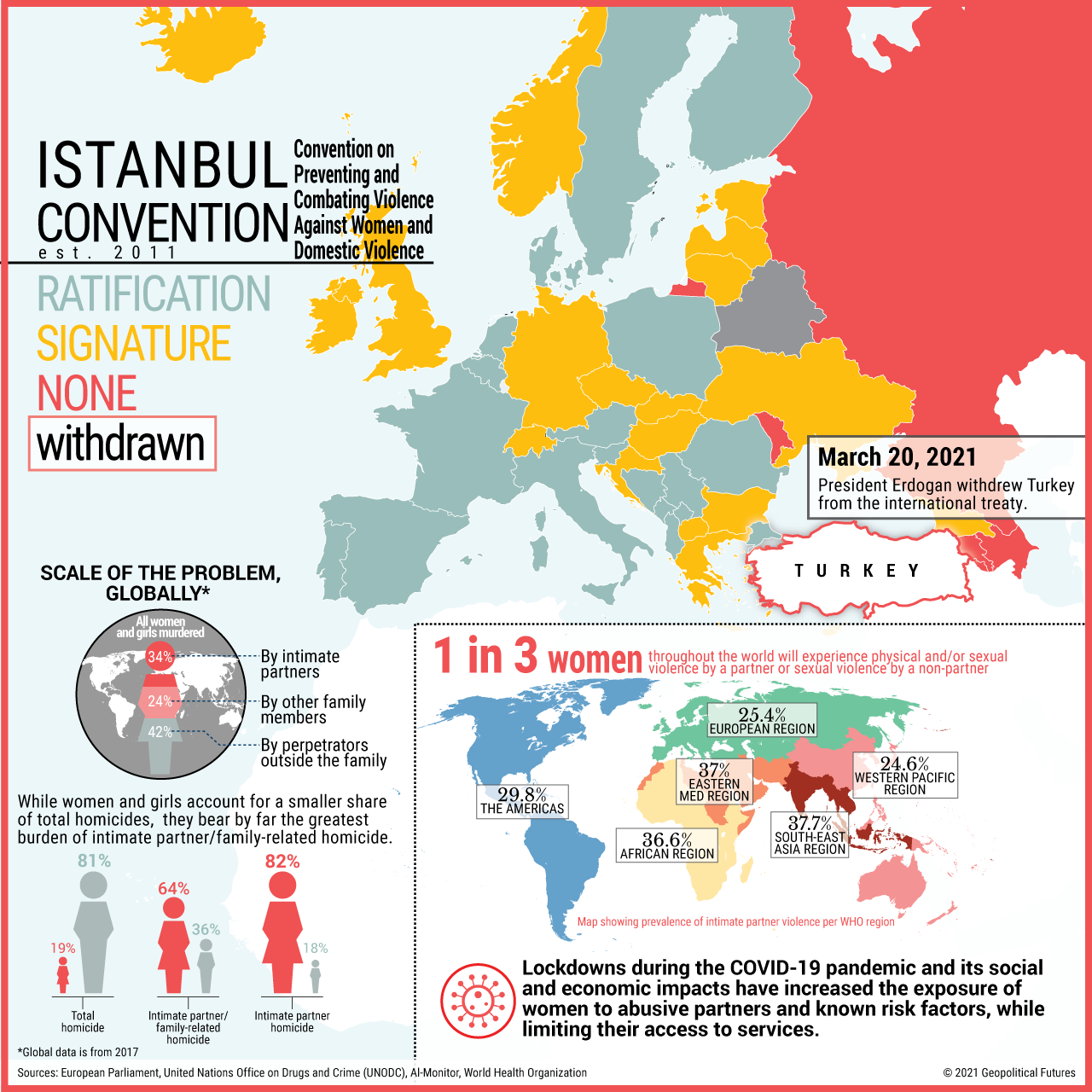In Turkey, protests and legal challenges continue over Ankara’s decision to withdraw from the Istanbul Convention, a European treaty on preventing and combating violence against women and domestic violence. It was a sensitive time for Turkey to pull out of the convention, which Ankara has criticized before. The issue of protecting women and other vulnerable segments of the population has become especially acute due to lockdowns and social distancing measures that were introduced around the world to slow or stop the spread of COVID-19. Job loss and economic uncertainty increased tension within the home. In many countries, instances of domestic violence, familial conflict and divorce have risen.
This is not only a private matter: The family is the basic unit of society. Violence and distress in the home leads to negative demographic effects, like higher divorce rates and lower birth rates. The consequences of raising children in unhealthy, unstable environments will be felt for years to come. And fraught home lives can spill out into the public, with hopeless and desperate people directing their aggression at the state.




 Special Collection – The Middle East
Special Collection – The Middle East